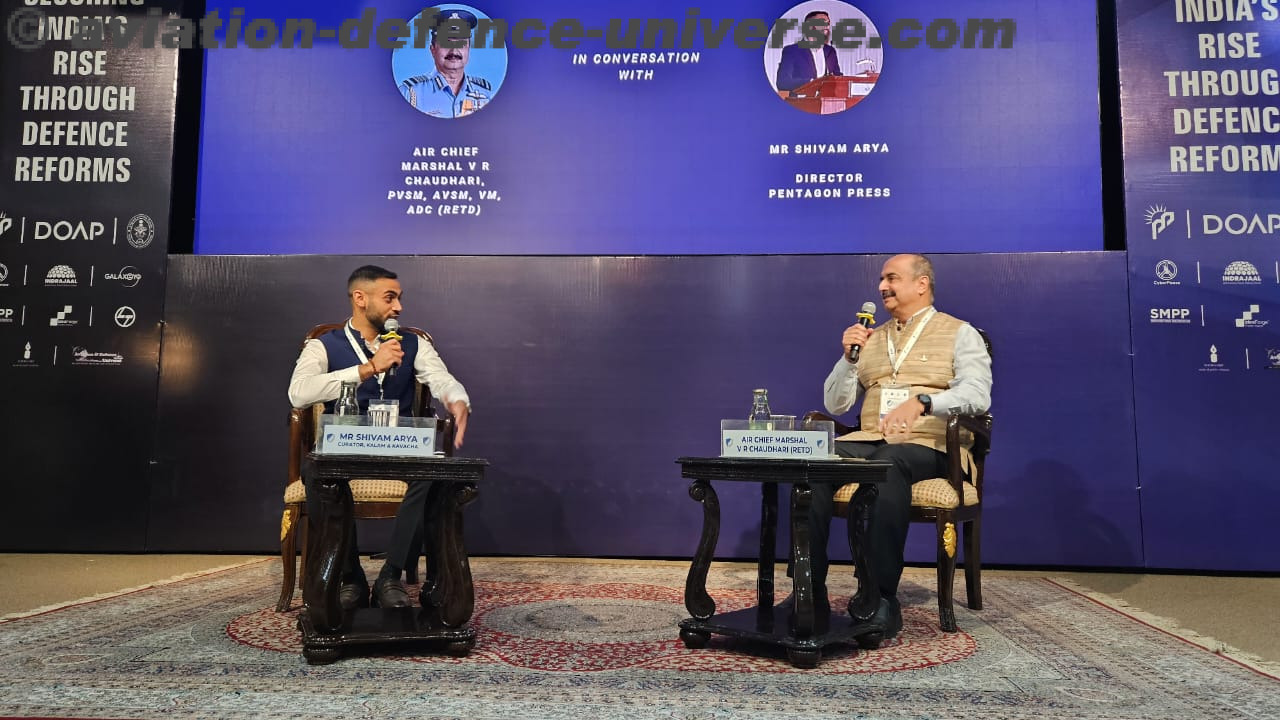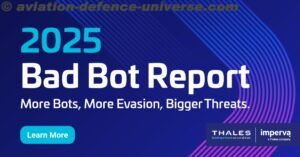NEW DELHI, November 20, 2024: “Artificial Intelligence (AI) is an essential tool but must be used optimally with responsible handling,” stated Union Minister Jitendra Singh at the 7th Edition of the ASSOCHAM AI Leadership Meet 2024. The event, themed “AI for India: Advancing India’s AI Development – Innovation, Ethics, and Governance,” showcased India’s strategic roadmap for harnessing the transformative potential of Artificial Intelligence (AI).
The Government headed by Prime Minister Narendra Modi has enabled initiation of AI driven programmes as also the launch of Quantum Missions.
In his address, the Minister emphasized the pivotal role of AI in reshaping various sectors, including governance, business, healthcare, education, and space exploration. He highlighted AI as the backbone of India’s future development, capable of driving economic growth and addressing pressing challenges such as climate change, public service delivery, and national security.
A significant announcement made by Dr. Jitendra Singh was the introduction of India’s first practical AI Data Bank. This initiative aims to accelerate technological growth and innovation by providing researchers, startups, and developers access to high-quality, diverse datasets essential for creating scalable and inclusive AI solutions. The Minister underscored the strategic importance of the AI Data Bank in enhancing national security through real-time analytics of satellite, drone, and IoT data. This step aligns with India’s goal to utilize AI for predictive analytics in disaster management and cybersecurity.
India’s National Strategy for AI is guided by a comprehensive approach focused on innovation, ethical governance, and global collaboration. The government is fostering partnerships between academia, private enterprises, and startups to propel AI applications in critical sectors such as healthcare, agriculture, smart cities, and space exploration.
Dr. Jitendra Singh reaffirmed India’s commitment to ensuring transparent and fair AI systems, with robust governance frameworks being developed to address challenges like algorithmic bias and data privacy. He also emphasized the need for India to actively participate in global platforms such as the United Nations and G20 to promote a rules-based AI framework.
The Minister highlighted the government’s focus on using AI to empower citizens and ensure equitable access to the benefits of this transformative technology. He stated that AI must bridge divides rather than create them and must empower people without replacing them.
Dr. Jitendra Singh envisioned a promising future where India emerges as a global AI leader by 2047, emphasizing responsible and inclusive AI development. He called for collaborative efforts from all stakeholders to ensure AI’s integration for sustainable and inclusive development.
The event served as a platform for thought leaders, policymakers, and industry experts to exchange insights and chart a responsible path for AI adoption in India.
Ms. Archana Vohra, MD, Commerce & Payments, Google and Co-Chair, ASSOCHAM AI Task Force said, the Indian government’s collaborative and forward-looking approach to AI democratization is commendable – exemplified by initiatives such as the India AI mission, Project Bhashini, and the Startup India Seed Fund. These programs, with substantial funding and strategic partnerships, have empowered startups, fostered entrepreneurship, and broken-down language barriers. Google is proud to support these initiatives and believes that public-private partnerships are essential for accelerating research, creating shared resources, and supporting researchers across academia and civil society.’
Mr Manish Prasad, Chair, ASSOCHAM IT/ITeS Council said how Artificial Intelligence (AI) is reshaping global business practices and societal dynamics. He also highlighted the Prime Minister’s vision of “AI for All” emphasising its potential to enhance human lives and foster social welfare. He elaborated on AI’s far-reaching impact across sectors, noting how AI-driven solutions are revolutionising areas like healthcare, agriculture, and public services.
Mr Deepak Sood, Secretary General, ASSOCHAM, highlighted India’s growing prominence in the global technology landscape. Highlighting the nation’s current position as the 5th largest, he noted India’s vision to become the 3rd largest economy. Shri Sood stressed that leveraging technologies will be instrumental in acheiving this goal by driving innovation and fostering pathways to sustained economic growth and development.



























































































































